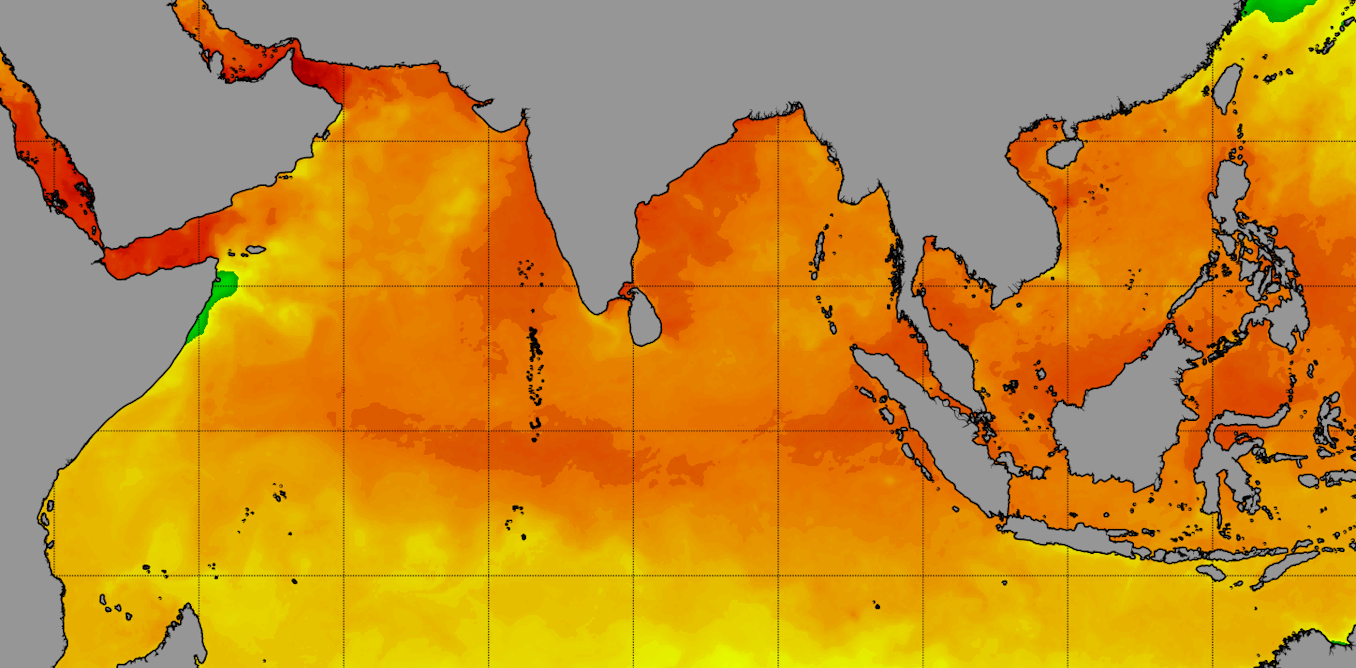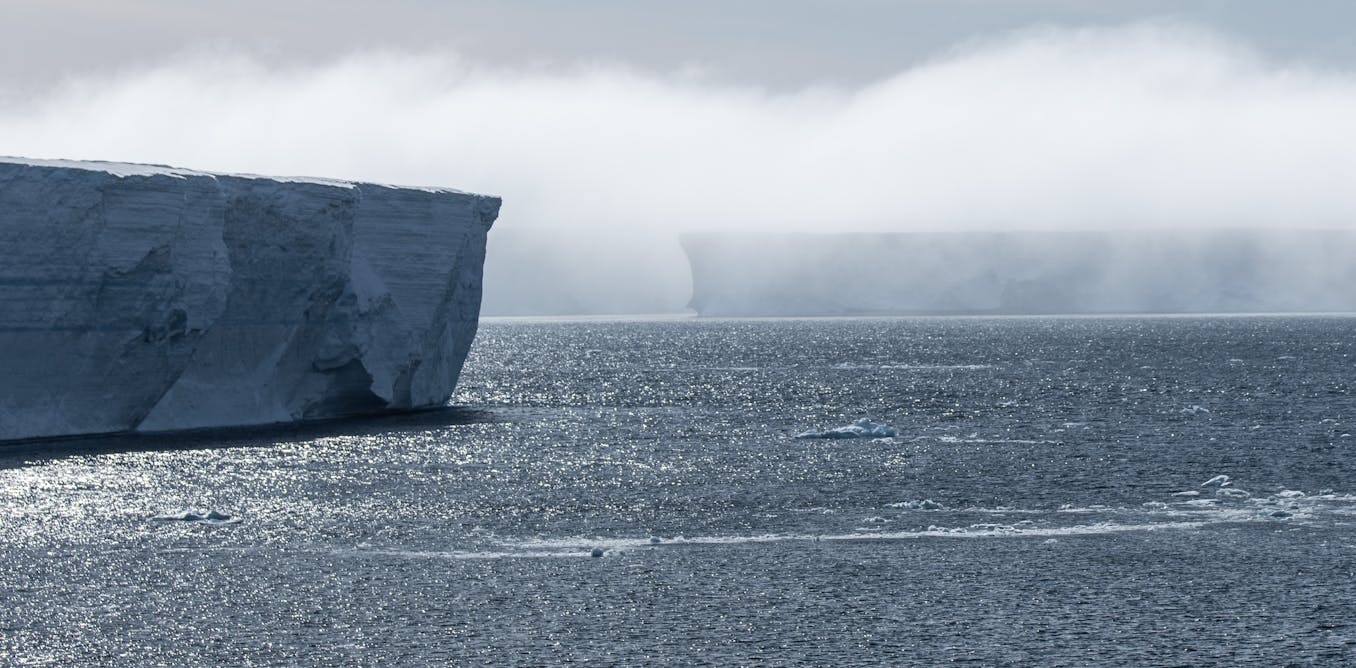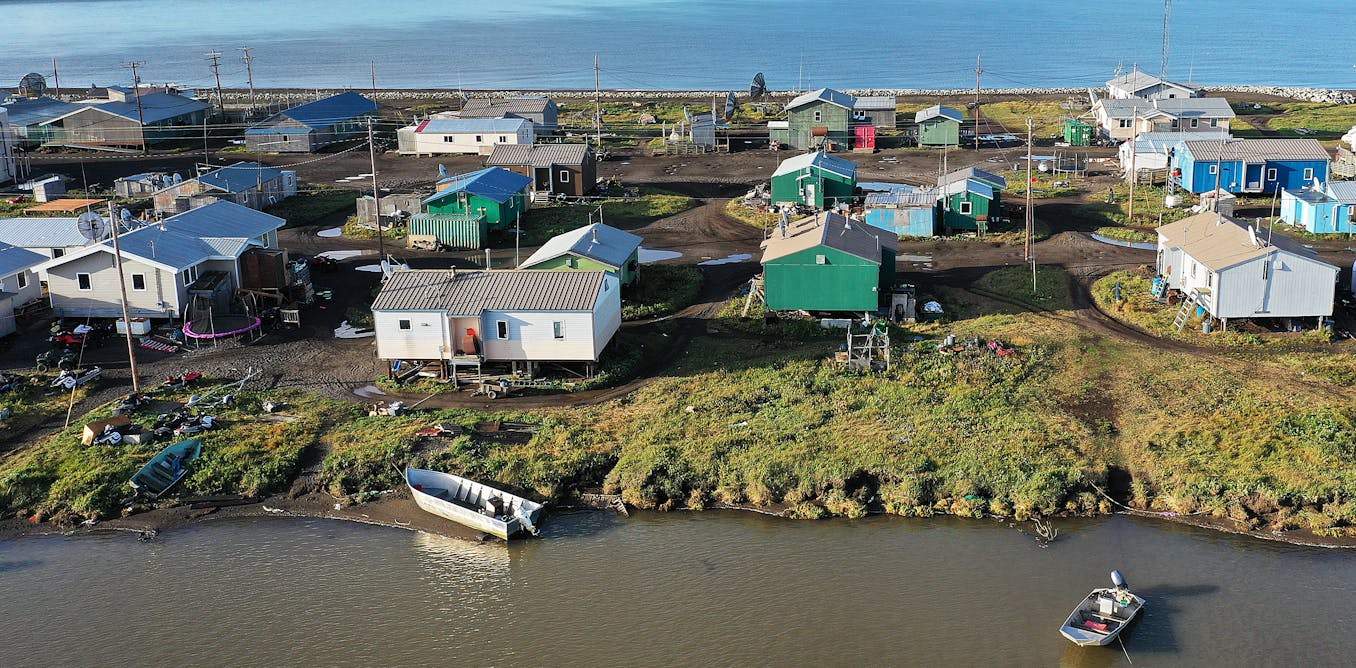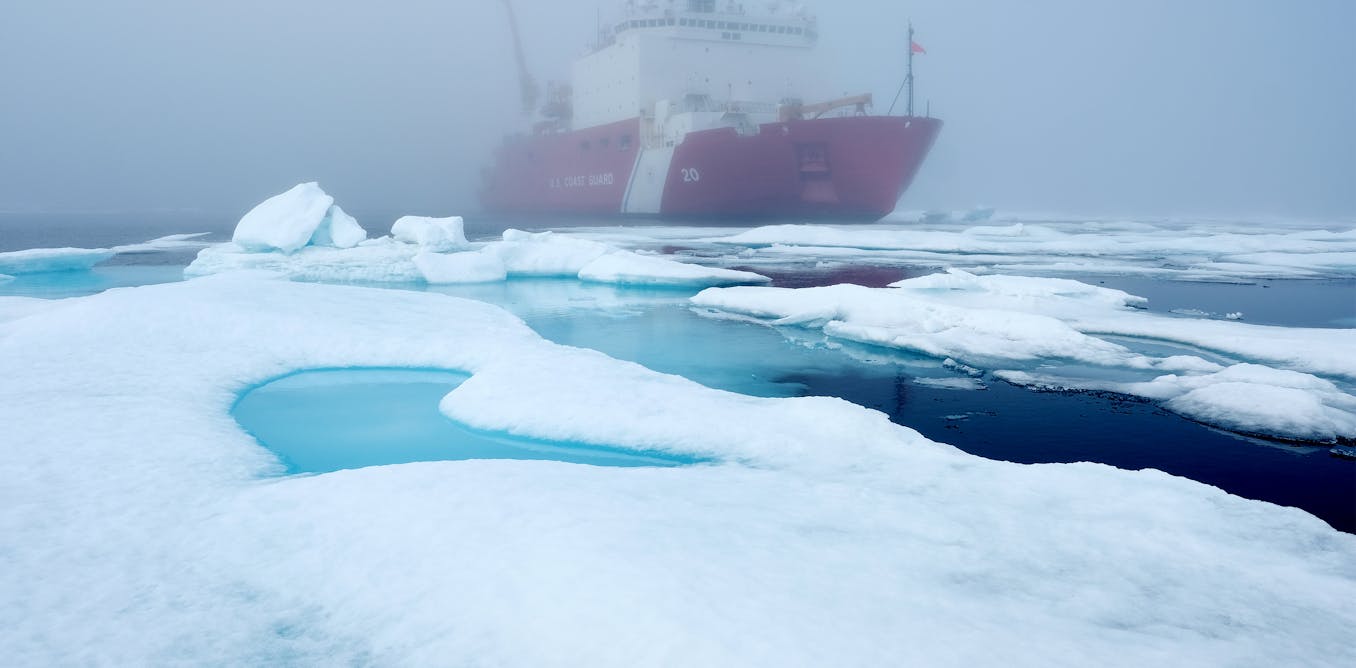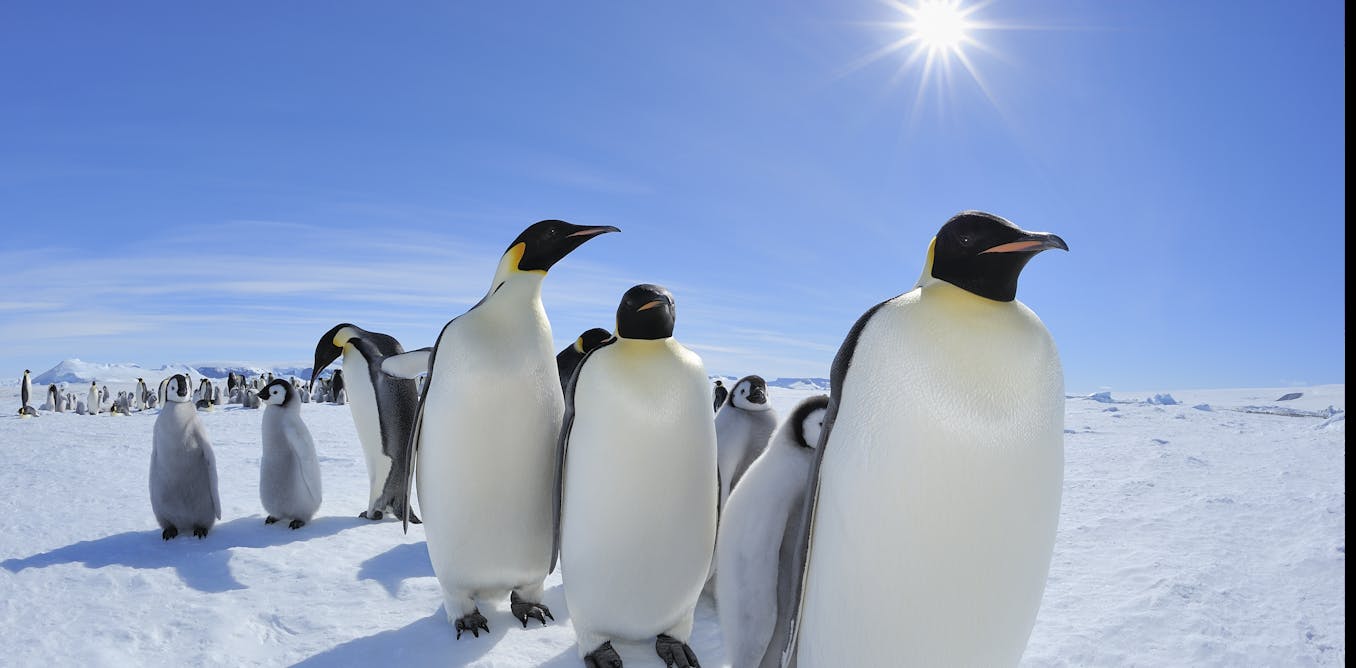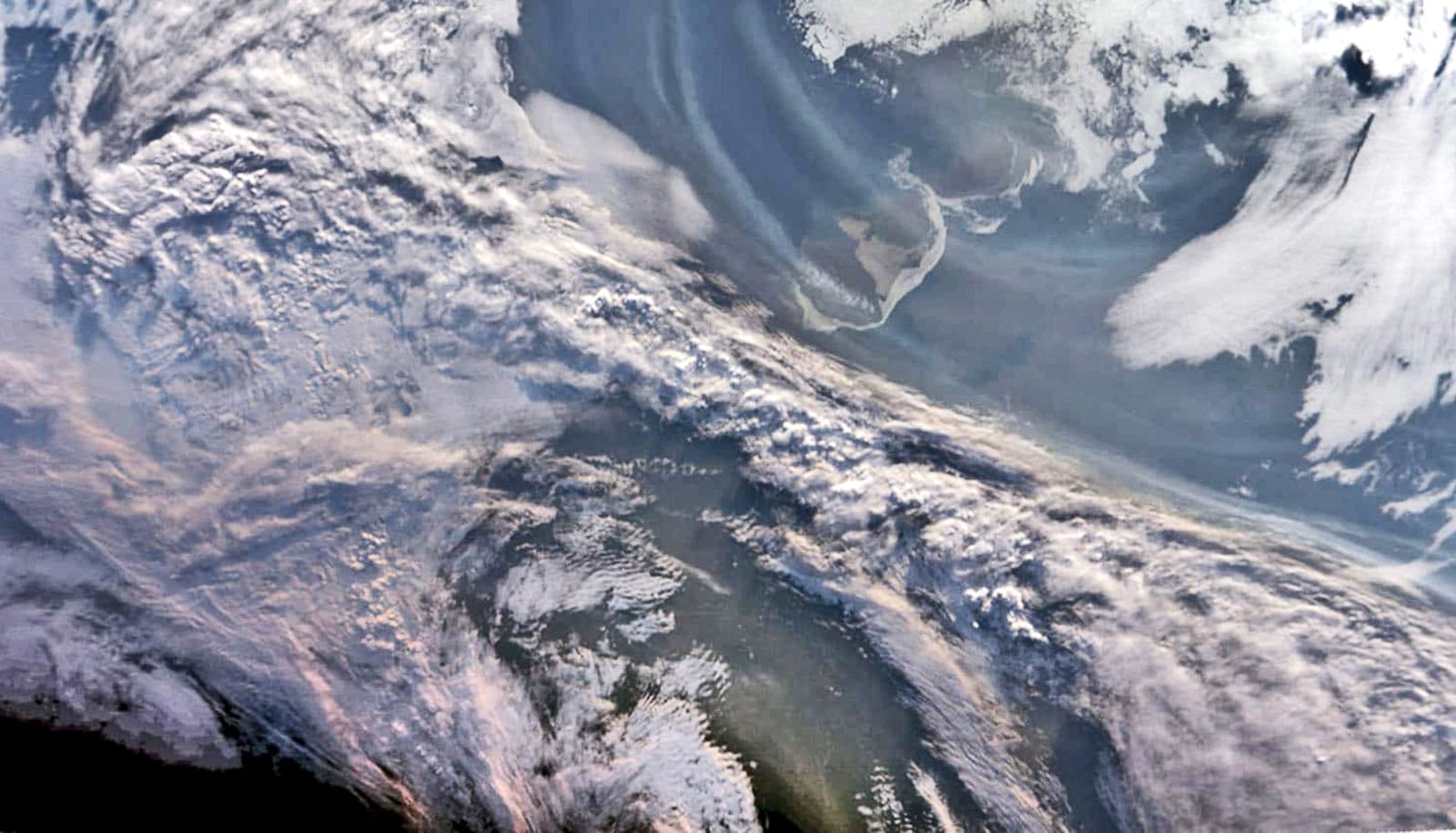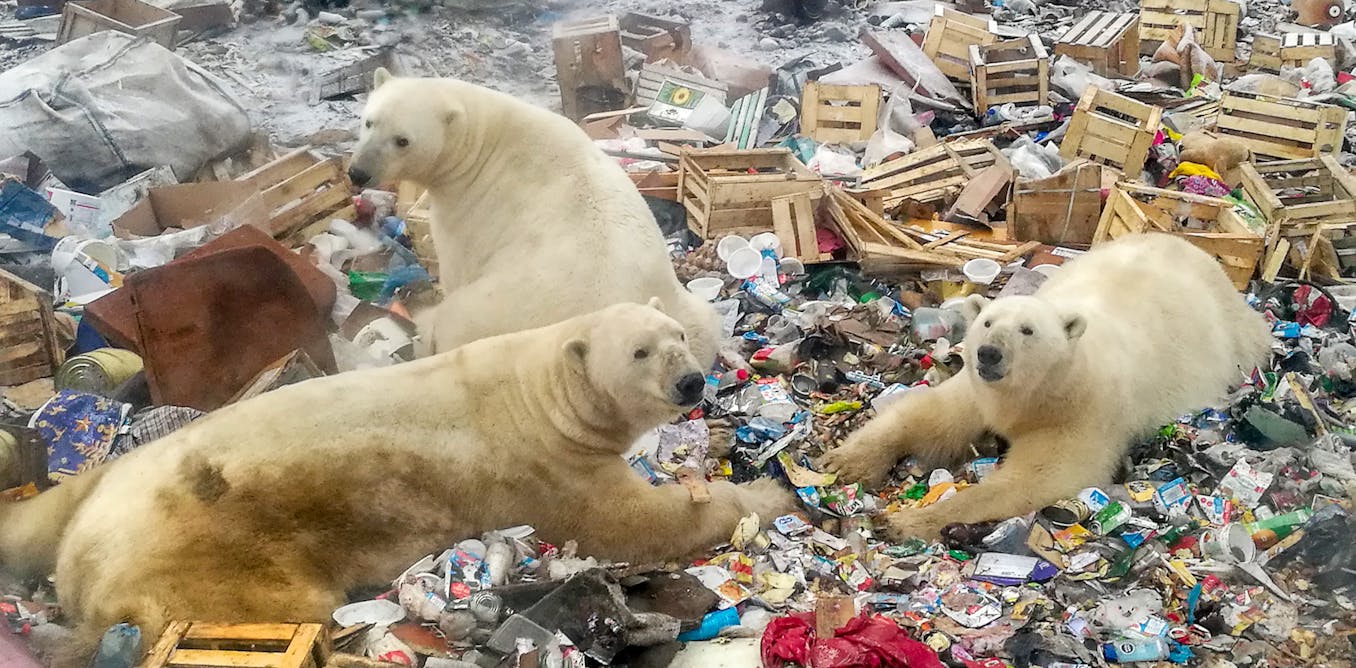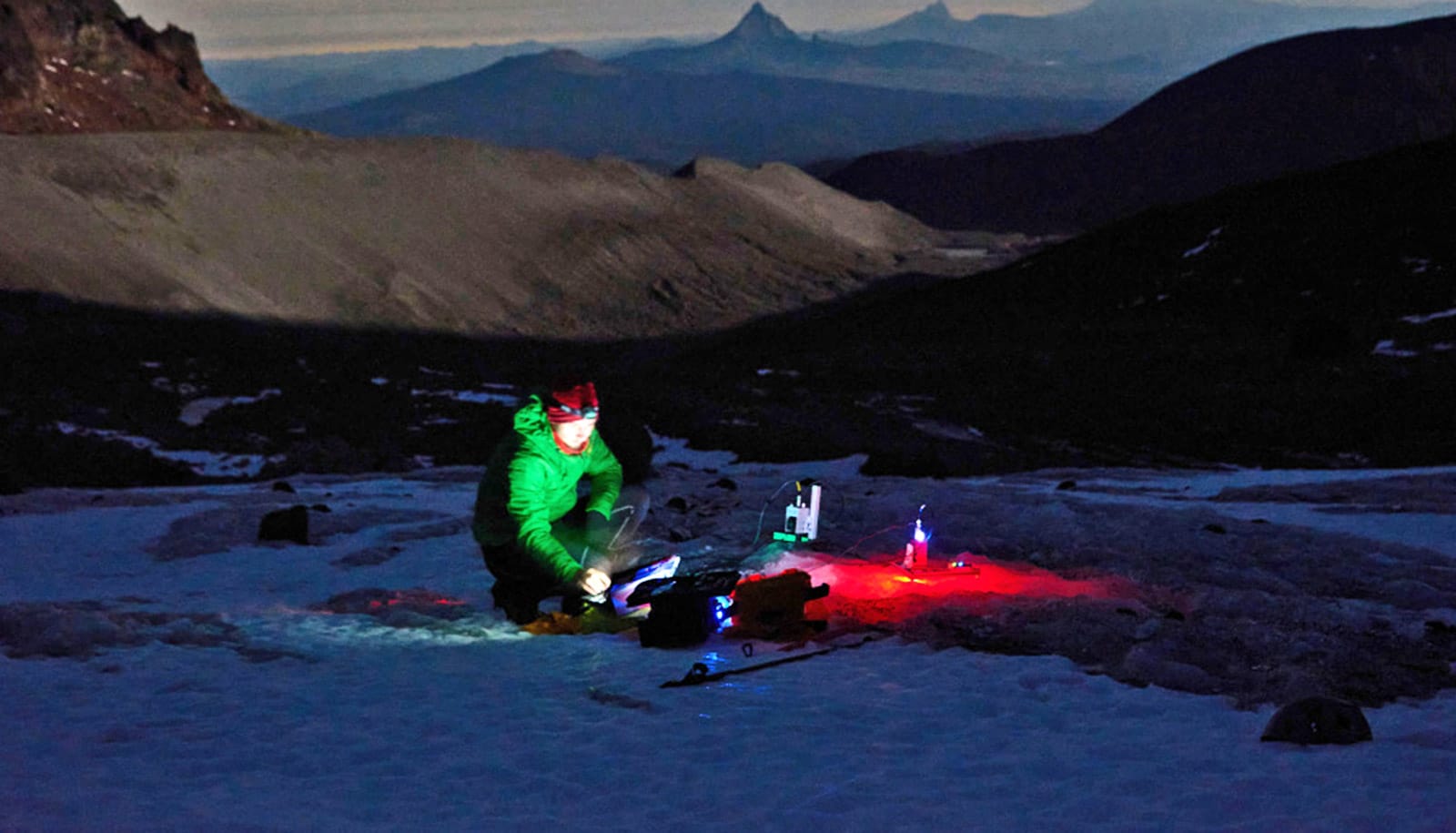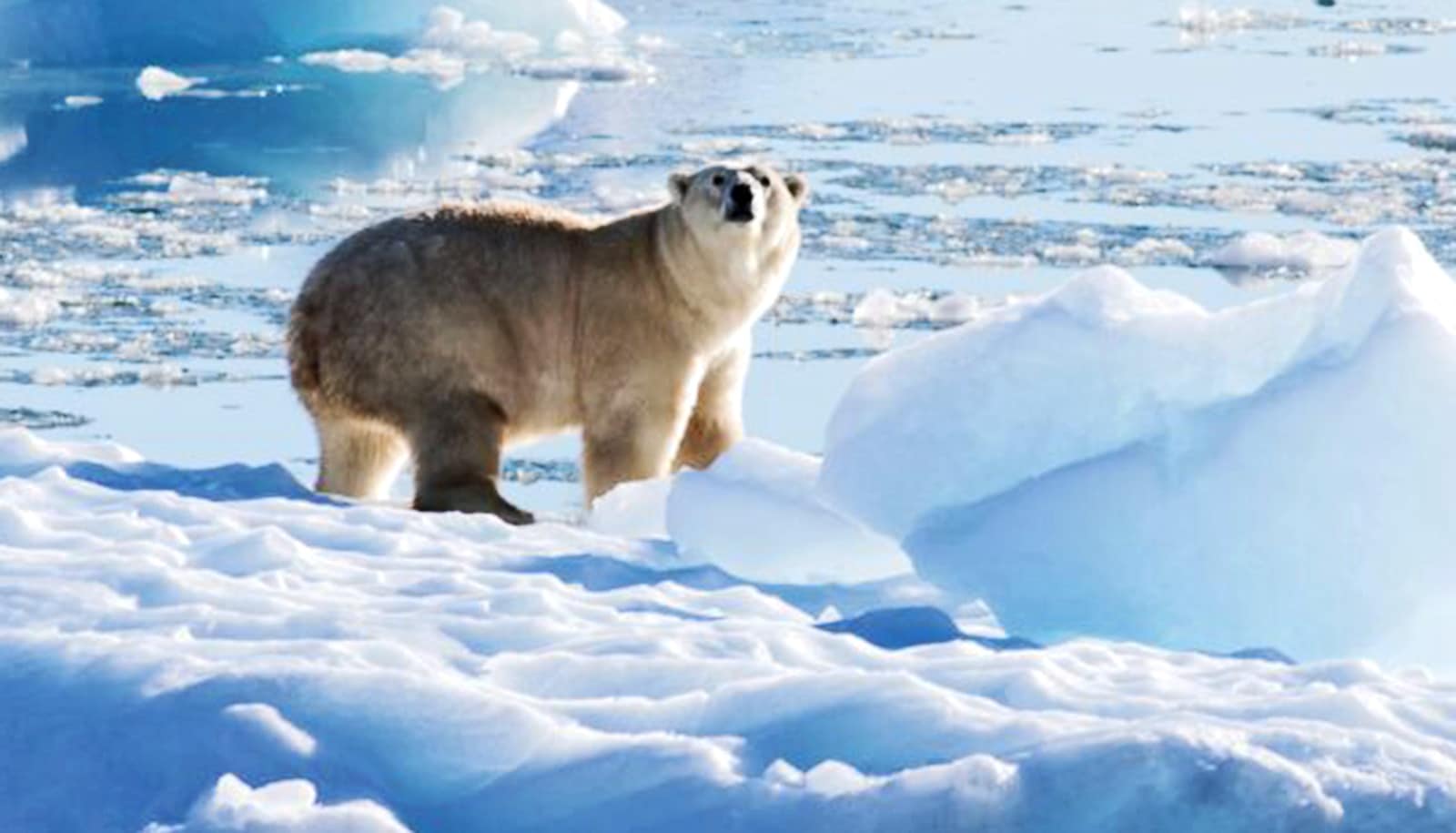Ocean heat is off the charts – here's what that means for humans and ecosystems around the world
Drought in Europe, dwindling Arctic sea ice, a slow start to the Indian monsoon – unusually hot ocean temperatures can disrupt climate patterns around the world, as an ocean scientist explains.
June 21, 2023 • ~7 min

